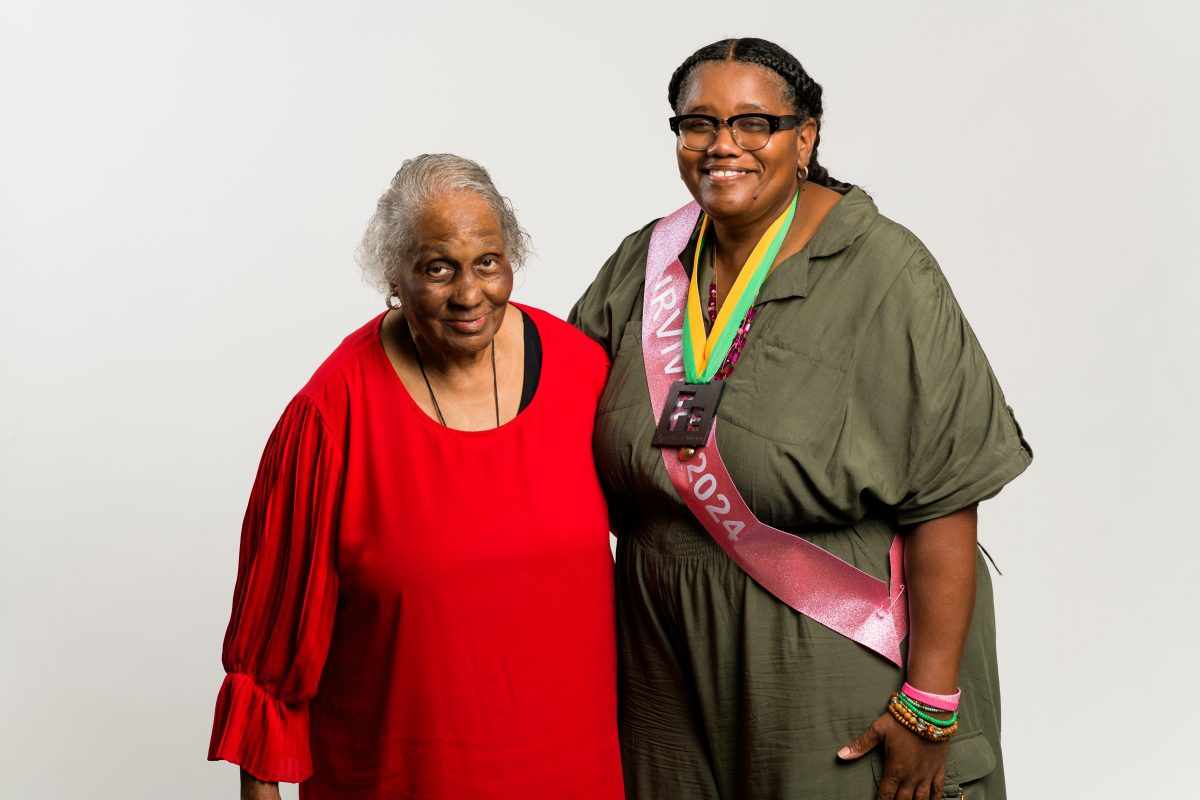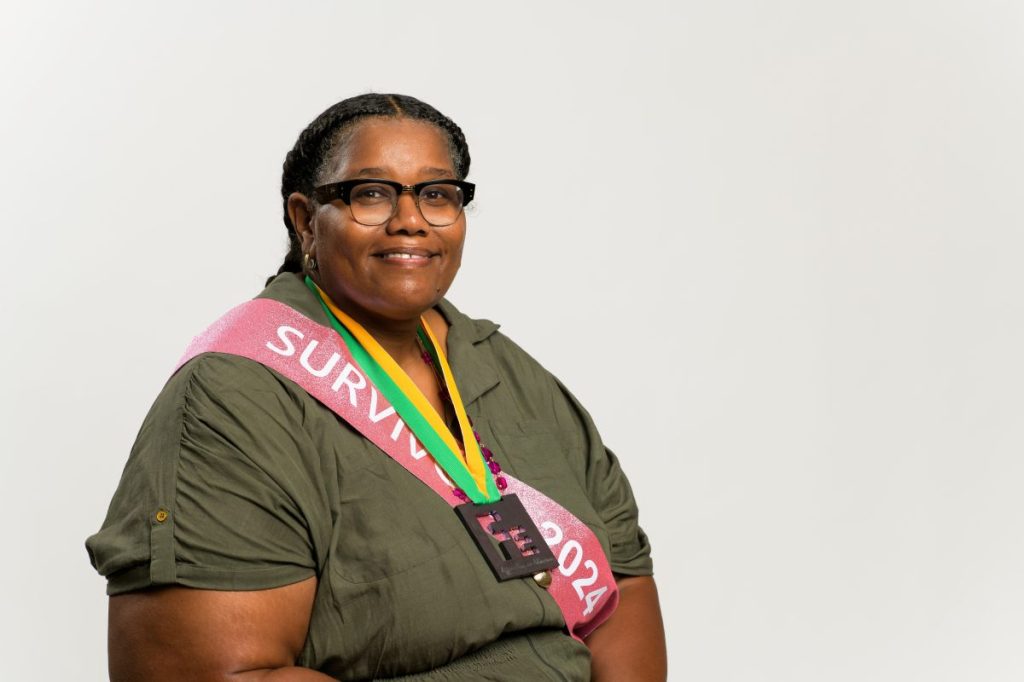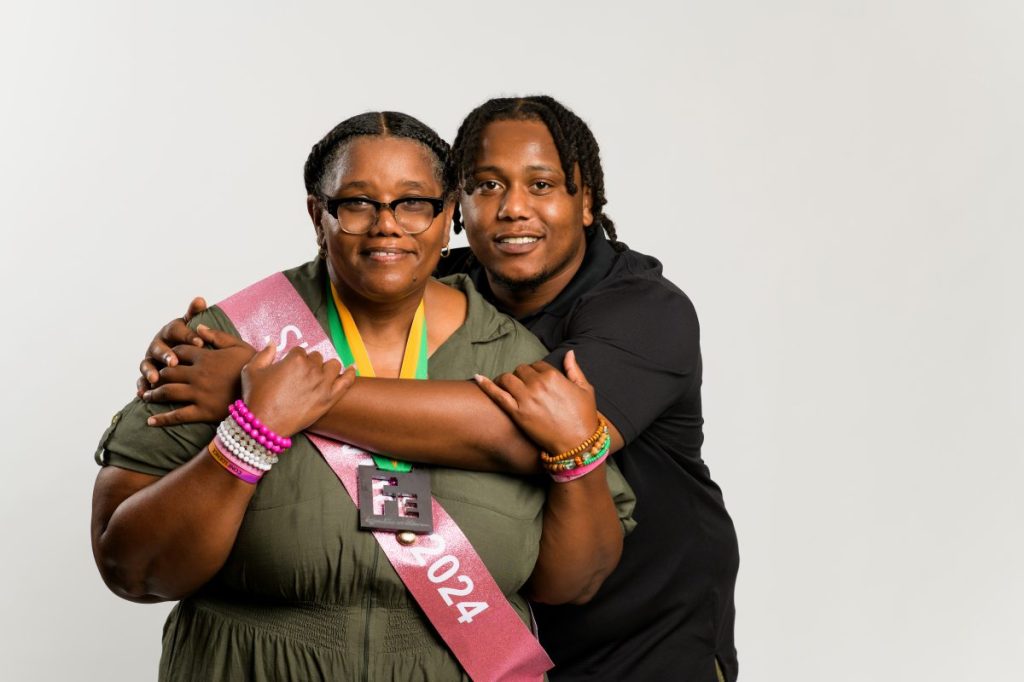
Tara Ransom
Tara Ransom’s breast cancer journey lasted exactly one year. Then, she headed to the beach.
Ransom was diagnosed with stage 2 triple negative breast cancer, which is both rare and aggressive, on June 26, 2023. After a series of rapid treatments provided by the UAB Breast Health Clinic, including participation in a clinical trial, Ransom received her final immunotherapy treatment on June 26, 2024.
“After that, I went to Orange Beach with my family to celebrate the end of my breast cancer,” Ransom says.

The fact that all this took place in a 12-month span, Ransom says, is a testament to the scope of quality care offered by the UAB Breast Health Clinic. Since the issue was discovered during her annual mammogram at the clinic, all the treatment steps that followed took place quickly.
“I didn’t have to wait at all,” Ransom says. “On the same day I had the mammogram, I was sent to have an ultrasound, then was told I needed a biopsy. Within a week, I received the diagnosis. I was told that a team had already been assembled for me, and a treatment plan was already being created. Then, I received a call to schedule my consultation appointment.
“Ten days later, I met with all five doctors. Every question that I had, I didn’t have to ask because the material was provided to me. The diagnosis, the specific subtype of cancer, the cell type, what the standard of care was and the clinical trial option.”
The clinical trial, I-SPY 2, intrigued Ransom. It is part of a national study that has been ongoing for more than a decade, testing pre-surgery medications that can make the surgical procedure and follow-up treatments easier and more effective.
“If patients can be treated and have complete response before surgery, we have found that their outcomes long-term are much better and the risk of reoccurrence much less,” says Katia Khoury, M.D., the UAB breast medical oncologist who helped treat Ransom. “This drug combination worked very well for her and succeeded in decreasing the side effects. Then after her surgery, she had a fantastic response.”


In fact, Ransom responded so well that she ended up needing to participate in the trial for only 12 weeks instead of the 24 to 36 that were anticipated. Likewise, her number of expected post-surgery radiation treatments was cut by a third.
“I am so grateful that I was already in the UAB Breast Health Clinic when I received my diagnosis,” Ransom says. “Right away, I had access to everything I needed, including the material about the clinical trial. Already being in a setting that had access to the study made my decision to participate much easier.”
And while her cancer battle certainly was no year at the beach, that is exactly where it ended.


